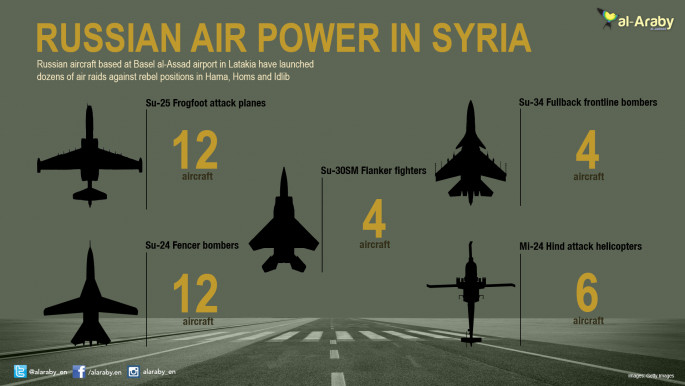Russia 'steps back' from insisting Syria's Assad must stay
Russia does not consider it a matter of principle that Syrian President Bashar al-Assad should stay in power, a spokeswoman for the Russian foreign ministry said on Wednesday, stepping back from Moscow's previous position of strong support for him.
Maria Zakharova said on the Ekho Moskvy radio station on Tuesday that whether Assad stays or steps down is not critical for Russia, but it is up to the Syrian people to decide his fate.
Russia is believed to be Assad's strongest backer and has previously balked at the West's suggestions that the Syrian president should be ousted.
Russia in September began carrying out airstrikes at Islamic State fighters in Syria at Assad's request.
 |
|
| [Click to enlarge] |
The fate of Assad has been a persistent sticking point in discussions on ending the conflict, however, with the regime and its backers insisting he will not be forced from power.
Syria's opposition and its backers insist Assad can have no role in the country's future.
But Syria's deputy foreign minister, Faisal Moqdad, strongly rebuked the statement.
"President Bashar al-Assad is the legitimate president elected by the Syrian people, and the world must respect that will," Moqdad said on Tuesday.
Moqdad's comments come after a round of international talks in Vienna last week to discuss a potential end to Syria's four-year conflict.
A transitional government has long been discussed as part of a peace process to end Syria's conflict, from as early as 2012, when world powers met in Geneva to discuss the war.
"There is no transition period. There exist official institutions that are functioning," Moqdad said on a visit to Tehran, Syria's state news agency SANA reported.
"We are talking about a national dialogue, an enlarged government and a constitutional process, not a transitional period," he added.





 Follow the Middle East's top stories in English at The New Arab on Google News
Follow the Middle East's top stories in English at The New Arab on Google News

![Israeli forces ordered bombed Gaza's Jabalia, ordering residents to leave [Getty]](/sites/default/files/styles/image_330x185/public/2176418030.jpeg?h=a5f2f23a&itok=_YGZaP1z)
